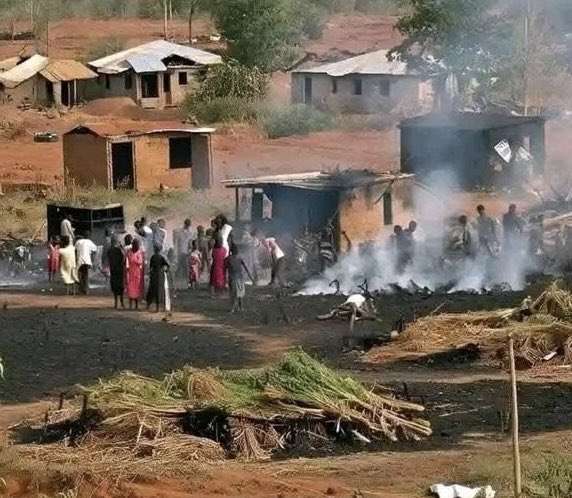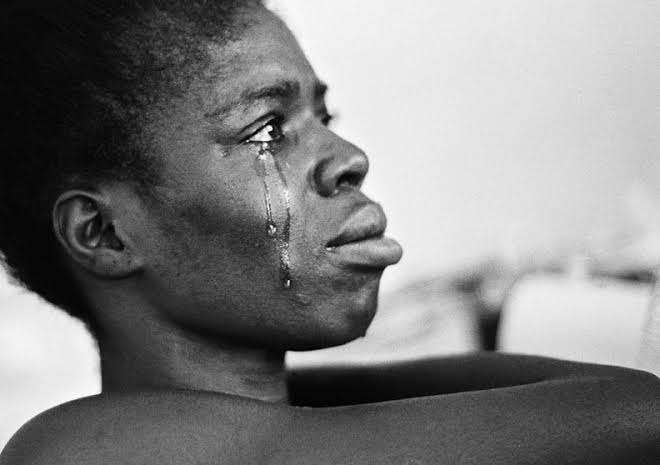Amnesty International Nigeria reports that between late Friday and early Saturday, heavily armed gunmen attacked the village of Yelewata in Guma LGA, Benue State. At least 100 people were killed, with dozens missing and hundreds injured. Many victims were reportedly burned alive in their homes.
Video footage circulating on social media depicts charred bodies and destroyed homes—testimony to the horrifying brutality witnessed by survivors.
Police have confirmed the attack occurred but have yet to verify casualty figures. No group has claimed responsibility, though past violence in the region is frequently linked to clashes between local farmers and Fulani herders over land and water.
The Human Toll
Victims include men, women, and children—many locked in their houses as assailants set them ablaze.
Survivors lack sufficient medical care; hundreds are said to be injured.
Figures vary: Xinhua reports over 70 bodies recovered, while local officials indicate numbers could climb.

Root Causes & Historical Context
This attack is part of a chronic conflict in Nigeria’s Middle Belt, where expanding Fulani herder populations and indigenous farmers frequently clash over dwindling arable land and pastoral routes—a tension often exacerbated by ethnic and religious divides.
Between 2020 and 2024, such clashes have claimed over 500 lives in Benue alone, displacing some 2.2 million people across affected areas.
Official Response
– Benue State Governor Hyacinth Alia sent a delegation to Yelewata to support victims.
– President Bola Tinubu has directed the military, police, and intelligence agencies to restore order, apprehend perpetrators, and initiate reconciliation efforts among conflicting groups.
– Global condemnation has followed. Pope Leo referred to the incident as a “terrible massacre” and called for justice and peace.
– Amnesty International is urging the Nigerian government to intervene decisively to halt the “almost daily bloodshed.”
Spotlight on Solutions
– Experts argue that sustainable peace requires multifaceted strategies:
– Security improvements: Increase in patrols, community policing, and regional surveillance.
– Land reforms: Accelerate implementation of open-grazing bans and proper allocation of grazing reserves or ranches to reduce farmer–herder friction.
– Dialogue & reconciliation: Launch inclusive talks involving herder unions, farmer associations, local leaders, and government officials—a process emphasized by President Tinubu.
– Socio‑economic investment: Boost rural development and provide alternative livelihoods to herding communities, reducing pressure on farmland.
Why This Matters
Benue is widely acknowledged as Nigeria’s “food basket.” Continued attacks jeopardize food production and deepen humanitarian crises—impacting national stability and rural economies.
Takeaway
The Yelewata massacre is more than a tragic headline—it signals a deepening humanitarian and security crisis in Nigeria’s Middle Belt. Ending this cycle of violence demands urgent, coordinated action: securing affected communities, resolving land-use conflicts, pursuing justice, and rebuilding trust through dialogue.
How can you help?
– Join your voice with other people’s voices and let the world hear more of the massacre.
– Follow and share reliable news to keep international attention focused on the crisis.
– Support humanitarian and reconstruction NGOs working in Benue.
– Advocate for land reform and anti-open-grazing laws.
– Deeprows News


